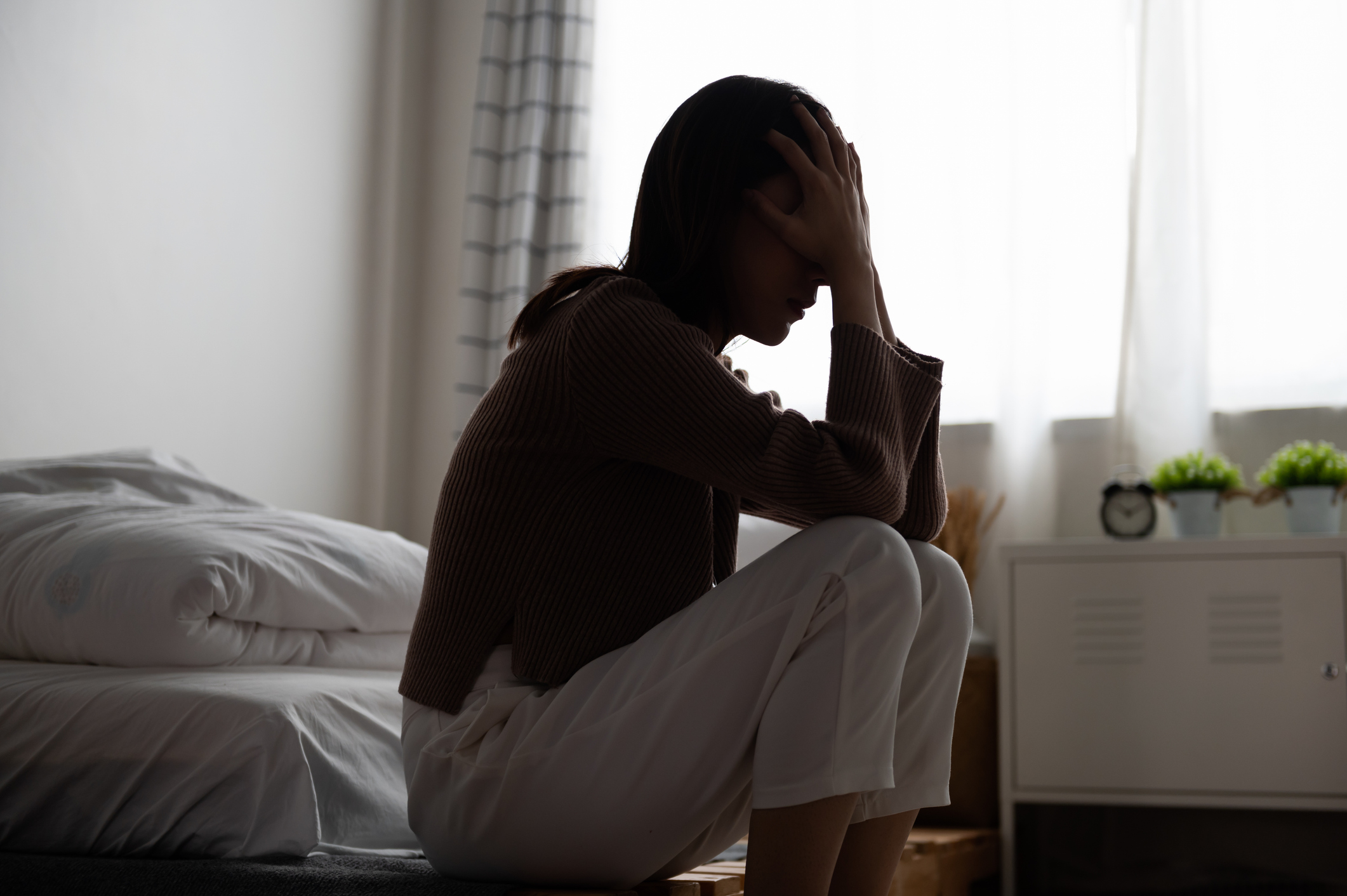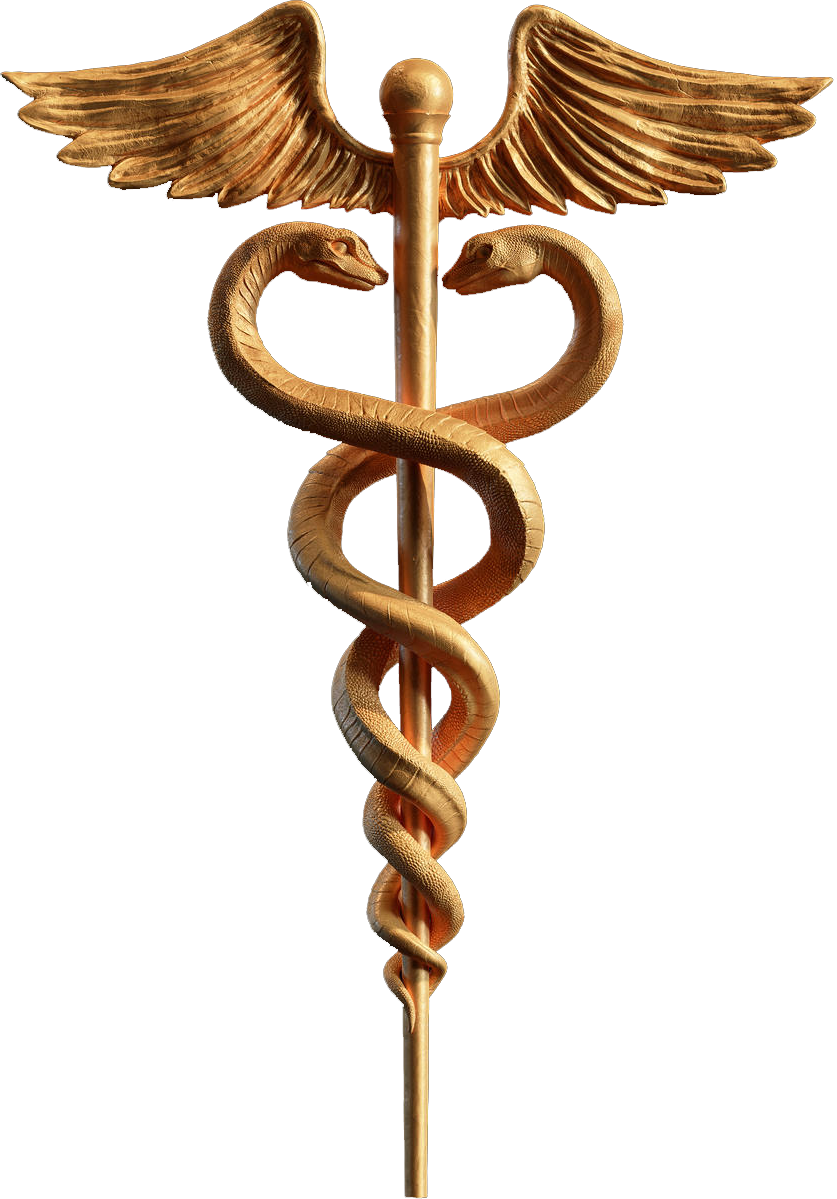
Post-Traumatic Stress Disorder – PTSD
Post-traumatic stress disorder (PTSD) develops after a terrifying ordeal that involved physical harm or the threat of physical harm. The person who develops PTSD may have been the one harmed, witnessed a loved one harmed, or the person may have witnessed a harmful event that happened to loved ones or strangers.

Complex Trauma
Trauma may refer to a single incident, while complex trauma refers to a series of traumatic events that take place over a long period of time, even months or years. Complex trauma can arise in any situation where you feel an ongoing sense of fear, horror, helplessness, or powerlessness over an extended period of time, with the perceived or actual inability to escape. It usually stems from trauma experienced in childhood.
Complex trauma has a lot in common with the classic symptoms of PTSD, including the re-experiencing, avoidance and anxiety symptoms, but it also causes distortions in a sense of self, makes emotional regulation difficult and makes relationships challenging if not unmanageable.
Some possible causes of complex trauma include ongoing sexual abuse or incest, physical or emotional abuse, chronic neglect or abandonment or parentification (children taking on adult roles).
Both PTSD and Complex PTSD are often accompanied by depression, alcohol and substance abuse, or one or more of the other anxiety disorders.




